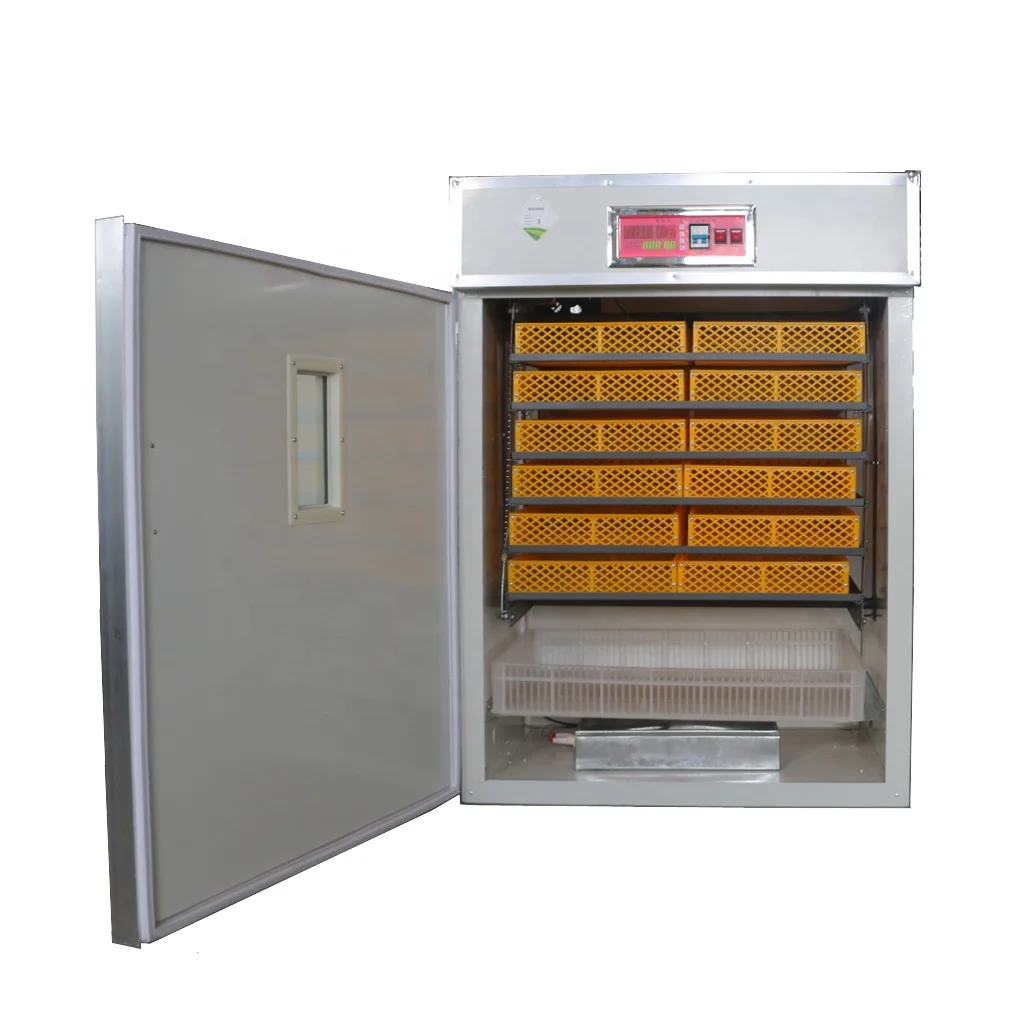

Some stats though: Male female ratio is 1:6.

But the best hatch rate I could get was 22%. This is my sixth effort in trying to attain a good hatch rate.
#HUMIDITY IN INCUBATOR FOR CHICKEN EGGS DOWNLOAD#
plus, you'll also get the free download ' 25 Ways to save money raising chickens'.įeeling fortunate to have stumbled upon this article where an incubation method requires humidity level between 15-30%. Want information on raising chickens, guineas and other poultry sent right to your email weekly? Click right here to join my list and get new posts sent directly to you the day they're published. Here's a complete list of incubation and hatching terms and definitions in case I mentioned anything you're unfamiliar with. If however, you are having hatching problems that could be attributed to humidity levels, then dry incubation may be the answer to those problems! If you think you may have a hard time keeping track of egg turning, I created an incubation tracker and it's available on Etsy. Always use what works best for you, and if you're getting a good hatch rate with the traditional incubation method, then stick with that! I have spoke to some people who have tried this method and it either didn't seem to work for them or made no difference in their hatch rate. That is applicable no matter what incubation method you use!

If you live in an arid area, you may have to add water to the incubator more often to keep the humidity in the right zone. If you live in a humid area, you may need to have a dehumidifier in the room the incubator is kept in. Do not open incubator during hatch/lockdown for risk of chicks becoming shrink wrapped. On day 18 candle and replace viable eggs in incubator, then raise humidity to 60-65% for remainder of hatch period. I add a little bit of water when it gets down to 15% and try to never let it get above 30% during the first 18 days of incubation and that works perfectly for me. I keep my incubator humidity around 15-30%. Both the high humidity egg and low humidity egg would have difficulty hatching. Here's an image to show how an egg should look at day 18 with proper incubator humidity. Obviously you don't want that to happen either. If the humidity in the incubator is too low and too much moisture is lost, the chick will be too small and weak to hatch. Now here's the tricky part, you only want the eggs to lose 13% of their weight and no more. If you candle your eggs a few times during incubation (I usually do day 3, 10 and 18) you'll notice the air cell getting bigger which indicates moisture loss. Though it is the most reliable way to track moisture loss, most people don't weigh their eggs before and during incubation. If you're experiencing low hatch rates, but the chicks are fully developed, the dry incubation method allows the egg to lose more moisture from inside the shell which prevents the chicks from drowning before hatch. Poultry Keeper: The most common reason for hatch failure is caused by too much humidity. If you have a lot of eggs that develop all the way up to day 18, but don't hatch this could be your problem. If an egg does not lose enough moisture during incubation, when the chick pips internally the excess moisture causes them to drown. (no matter which incubation method you use) That is all moisture loss. To get a little more technical: during the first 18 days of incubation an egg should lose around 13% of its weight. If you live in a very humid climate or your incubator is in a room with higher humidity like a bathroom or kitchen, it affects the humidity level inside the incubator also.Ī good hygrometer is essential to knowing exactly what the humidity inside your incubator is. When incubating eggs, it's important to note that the incubator is affected by the humidity level of the room it's in.


 0 kommentar(er)
0 kommentar(er)
